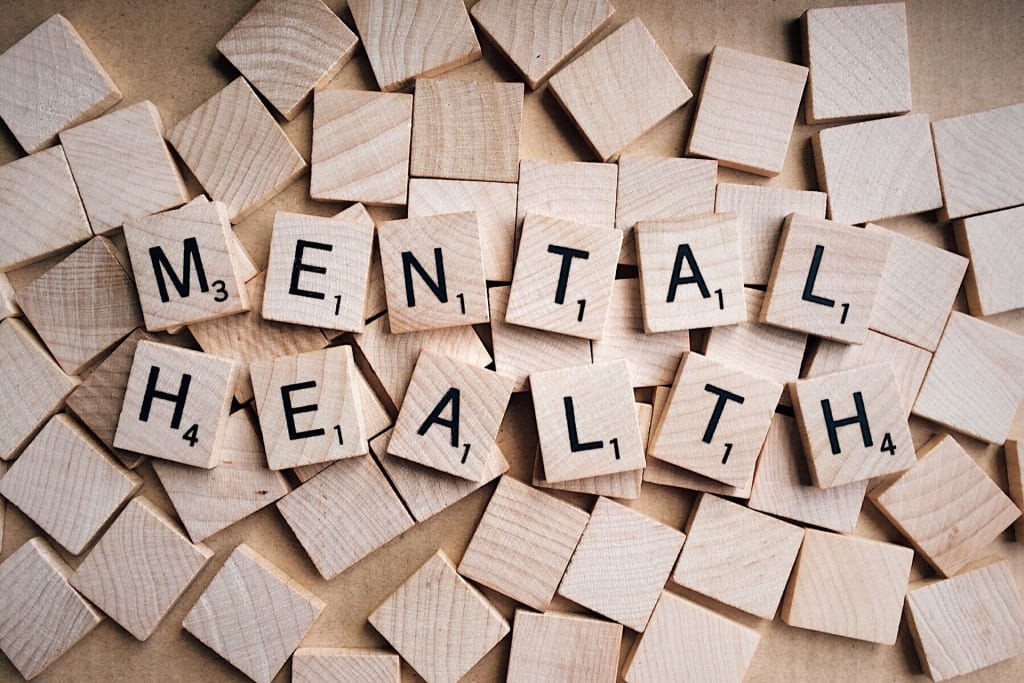How Physical Exercise Affects Mental Health
Unlocking the Power of an Active Lifestyle

In today's fast-paced world, it's easy to get caught up in the daily grind and neglect our mental well-being. The constant pressures, stressors, and demands can take a toll on our minds, leaving us feeling overwhelmed and depleted. However, there is a powerful antidote to this modern-day dilemma – physical exercise. Beyond its obvious physical benefits, exercise has been proven time and again to positively impact our mental health, helping us find balance, resilience, and peace of mind.
Understanding the Mind-Body Connection
To comprehend the profound effects of physical exercise on mental health, we must first recognize the intricate connection between our bodies and minds. The human body is a remarkable system where every component interacts and influences one another. Engaging in regular exercise stimulates the release of endorphins, often referred to as "feel-good" hormones. These chemicals act as natural painkillers, reducing stress, enhancing mood, and creating an overall sense of wel
The Stress-Busting Effects of Exercise
Stress has become a prevalent and persistent issue in modern society. Chronic stress can wreak havoc on our mental health, leading to anxiety, depression, and various other disorders. Fortunately, physical exercise has emerged as a potent stress-buster. When we engage in activities like running, swimming, or dancing, our bodies produce an increased flow of endorphins, providing a natural counterbalance to stress hormones. This release of endorphins helps to alleviate tension, clear the mind, and promote relaxation.
Elevating Mood and Combating Depression
Depression is a serious mental health condition that affects millions of people worldwide. While it may seem counterintuitive, physical exercise has shown tremendous promise in mitigating the symptoms of depression. When we exercise, our brain produces neurotransmitters such as serotonin, dopamine, and norepinephrine, which play crucial roles in regulating mood and emotions. These neurotransmitters are often imbalanced in individuals with depression, and regular exercise helps restore equilibrium, alleviating depressive symptoms and fostering a more positive outlook on life.
Boosting Cognitive Function and Mental Clarity
Engaging in physical exercise not only benefits our emotional well-being but also enhances our cognitive function. Studies have demonstrated that aerobic exercises, such as brisk walking or cycling, improve memory, attention, and problem-solving skills. Exercise increases blood flow to the brain, delivering oxygen and vital nutrients that support the growth of new brain cells and promote neuroplasticity. This neuroprotective effect of exercise can help reduce the risk of cognitive decline and neurodegenerative diseases, such as Alzheimer's.
Enhancing Self-Esteem and Body Image
A healthy body image and high self-esteem are fundamental pillars of good mental health. Regular exercise can significantly contribute to improving both aspects. When we engage in physical activity, we challenge our bodies, witness progress, and achieve personal goals. These accomplishments foster a sense of empowerment and boost self-confidence. Additionally, exercise helps regulate body weight, improve muscle tone, and promote better posture – all factors that positively influence our perception of self.
Social Connections and Emotional Support
Participating in exercise activities often leads to increased social interactions and the formation of supportive communities. Whether it's joining a sports team, attending group fitness classes, or simply walking with a friend, exercise provides an excellent opportunity to connect with others who share similar interests and goals. Social connections have a profound impact on our mental health, as they offer emotional support, encouragement, and a sense of belonging.
Creating a Balanced Lifestyle
A holistic approach to mental health involves nurturing all aspects of our lives. Physical exercise plays a vital role in creating a balanced lifestyle, promoting overall well-being and improving mental health outcomes
. By incorporating regular exercise into our routines, we can achieve harmony between our physical and mental selves, leading to increased resilience, improved mood, enhanced cognitive function, and a greater sense of self-fulfillment.
Conclusion: Empowering Yourself Through Exercise
In a world where stress and mental health challenges are prevalent, physical exercise stands as a beacon of hope. By understanding the profound connection between our bodies and minds, we can harness the power of an active lifestyle to cultivate optimal mental well-being. Exercise reduces stress, elevates mood, boosts cognitive function, enhances self-esteem, and fosters social connections – all essential elements for a fulfilling life. Embrace the transformative potential of physical exercise and unlock the path to a happier, healthier, and more vibrant you.
About the Creator
Geraldline Kaondo
I am an experienced content creator, crafts captivating blog posts that inform and entertain readers. With 2+ years of expertise, I cover lifestyle, travel, technology, and personal growth
Enjoyed the story? Support the Creator.
Subscribe for free to receive all their stories in your feed. You could also pledge your support or give them a one-off tip, letting them know you appreciate their work.






Comments
There are no comments for this story
Be the first to respond and start the conversation.